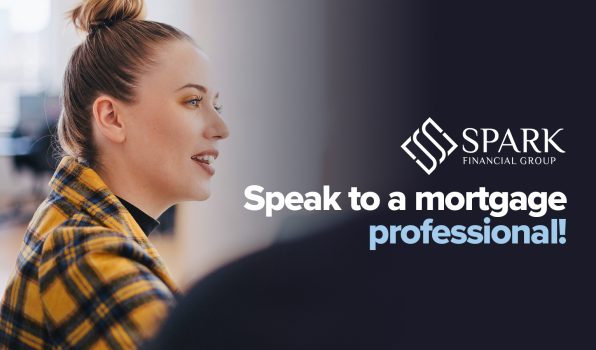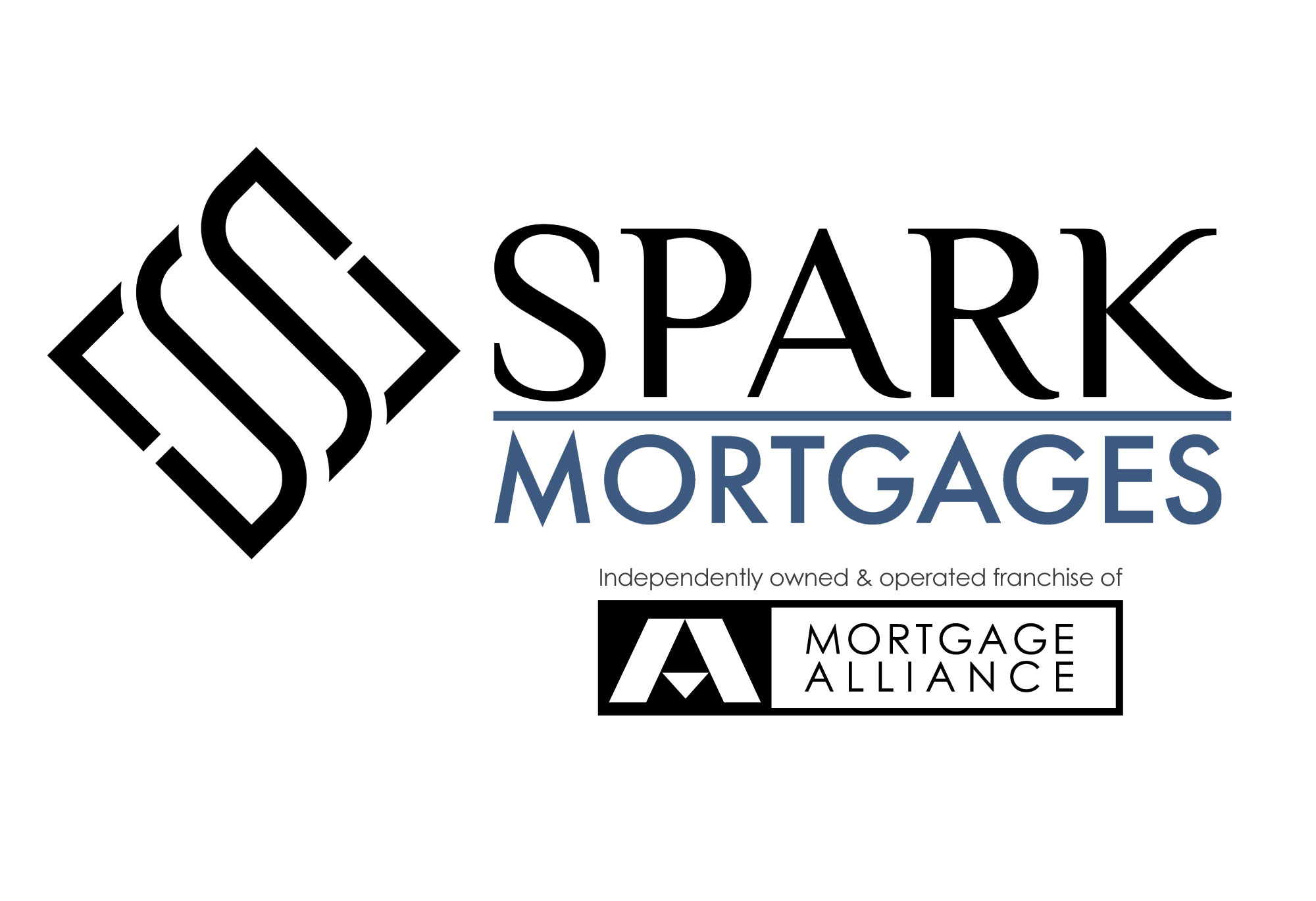At Spark Mortgages, we offer Private Lending

Private mortgages are short- term, interest-only loans, ranging in length from 1 to 3 years. Interest only loans do not require homeowners to pay the mortgage principal down, and instead only require interest payments each month.
Private lenders have realized that conservative lending guidelines used by banks and conventional lenders exclude many individuals who are in fact able to pay back loans. Most importantly, private lenders take into account a property’s overall value and marketability as opposed to simply the borrower’s credit history.
Our Calculators
Contact Us
- (647) 730-5556
- [email protected]
-
180 Bass Pro Mills Drive, Suite 101
Vaughan, ON
Why would I use a private mortgage lender?
You would use a private mortgage under any of the following circumstances:
- You want to purchase an unconventional property that a primary lender or bank won’t finance.
- You need fast financing and don’t want to wait for a long approval process.
- Your bad credit history means you are being turned down by conventional lenders.
- You only need a short-term loan.
- You have non confirmable income that is preventing you from obtaining a traditional mortgage.
What mortgage rates and fees should I expect on a private loan?
Mortgage interest rates can range from 9-12% depending on the property, borrower and current economic conditions. Since they are almost always higher than rates offered by conventional mortgage lenders, you would only turn to a private lender when turned down by banks and bad credit lenders.
Fees associated with a private mortgage loan
With a primary or conventional lender, the broker is paid a commission directly from the lender. When using a private lender, you (the borrower) pay the broker’s fee directly. Private loans also incur set-up fees bringing total fees paid between 1-4% of the loan amount.
The good news is, these fees can be financed through the mortgage loan. Let’s say you need to borrow $100,000, and can therefore expect fees of $3,000 ($100,000 * 3%). In order to cover these fees, you would apply for a loan of $103,000 to cover the extra costs.
Types of Private Mortgages:
More so than primary or conventional lenders, private lenders have tighter guidelines on other factors to compensate for the added risk.
- Commercial vs. residential: Private lenders will generally specialize within a property type to focus investment.
- Re-finance for debt consolidation vs. renovation etc.: Lenders will sometimes specialize based on the reason for seeking a mortgage loan. Some lenders may only provide funds to those who are refinancing with the intention of purchasing another property.
- Prefer urban areas: Large urban centres are more appealing to private lenders as these areas carry more real estate value.
- Often prefer region they live in: Lenders are most comfortable investing in the area they live as they can personally evaluate the property. However, this is not always the case.
What criteria we look at?
More so than primary or conventional lenders, private lenders have tighter guidelines on other factors to compensate for the added risk.
- Property type and value. This is arguably the most important factor in being approved by a private lender. The mortgaged property must be in good condition and will have to undergo a strict appraisal before you are approved. If you have a poor credit score, you are considered a riskier client and lenders need to ensure that their investment is secure, in case you default on your mortgage.
- Income. Your income can fall into one of two categories: confirmable and non-confirmable income. Confirmable income is preferred by lenders, and is proven through Notice of Assessments (NOAs). Non-confirmable income, common among self-employed or commission-based employees, forces lenders to use an estimate of your income based on the average income typical of your employment.
- Down payment (if purchasing). With a private mortgage lender, the minimum loan-to-value ratio on the property is 85%. That is, you need to put in a down payment of at least 15% to be approved. If you can afford to put in a higher down payment, then it is advisable to do so. A larger down payment means you have more funds invested in the property and that you have more at stake. Lenders also take this as a sign that you can keep track of your personal finances.
- Equity (if refinancing). If you are refinancing, private lenders may allow you to go up to a maximum of 85% in loan-to-value. For example, if your property is value at $400K, you can refinance up to $340K. Many private lenders prefer a maximum LTV of 75%. With respect to a minimum equity stake in your property, there is none.
At Spark Mortgages, we know there are many great resources available to home buyers and we are determined to make sure you take advantage of them. Our trusted mortgage professionals will help you understand what you are eligible for and ensure that you get the most from your home purchase.
